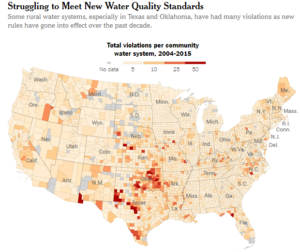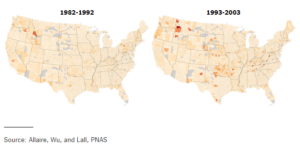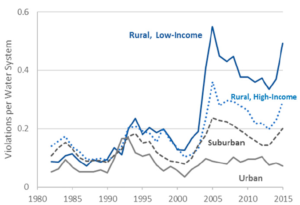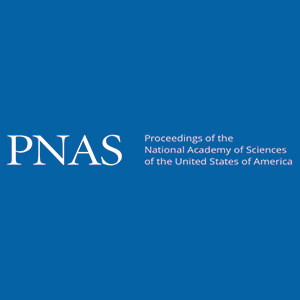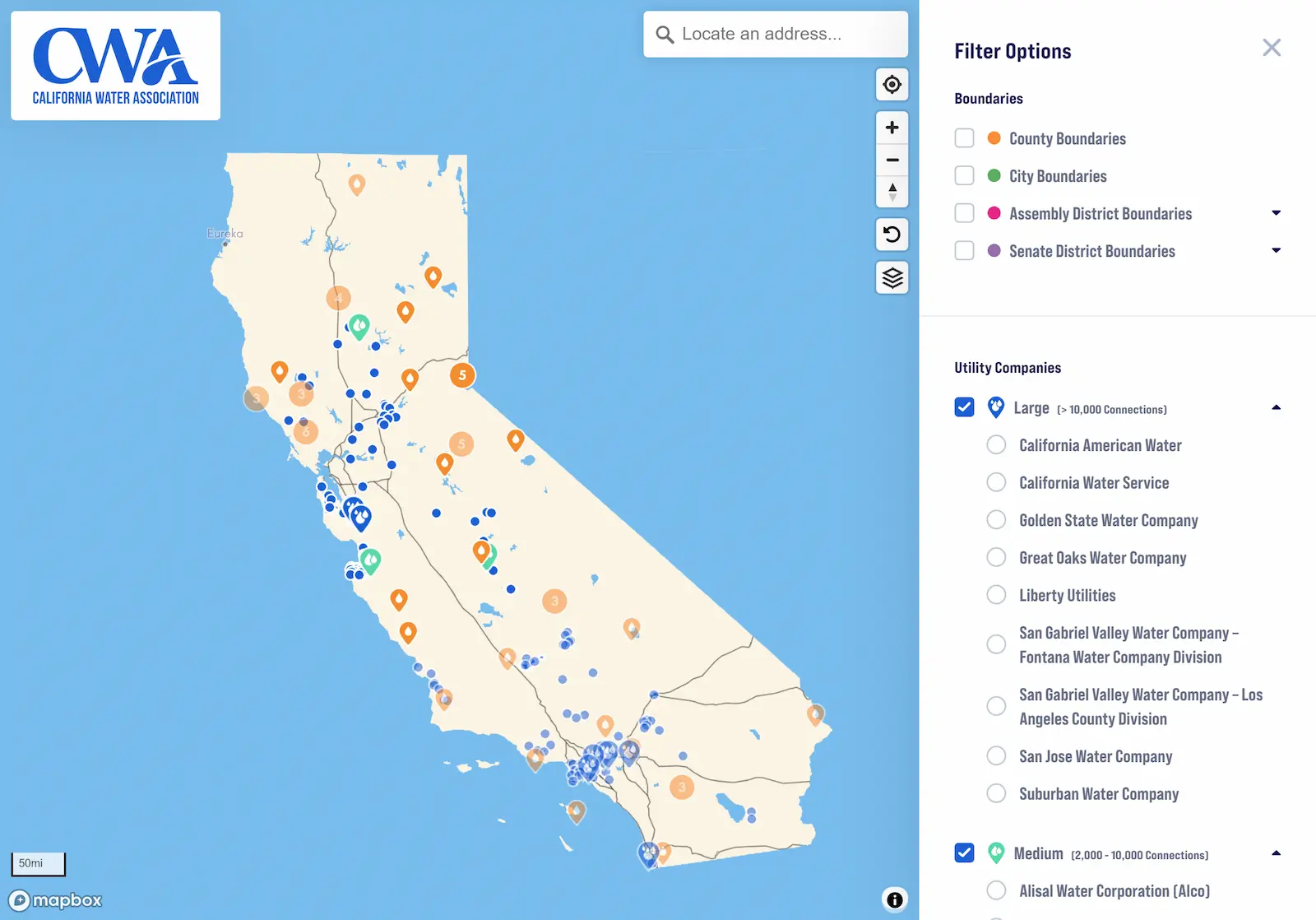A recently published study by the Proceedings of the National Academy of Sciences (PNAS) indicates that privately owned water utilities (including regulated water utilities such as California Water Association members) are found to be less vulnerable to health-related violations of the Safe Drinking Water Act (SDWA) than government-owned utilities. The study found that “in particular, large private firms are associated with lower likelihood of violation.” The study evaluated patterns in health-related violations of the SDWA in 17,900 communities in the United States from 1982 to 2015.
Findings of the PNAS study coincide with those of a 2014 study published by David Konisky, Georgetown University, and Manny Teodoro, Texas A&M University, which examined data from the U.S. Environmental Protection Agency between 2010 and 2013. This study’s findings indicated government-owned water utilities are 24.1 percent more likely than privately owned water utilities to incur health-related violations of the SDWA.
The PNAS study also found “that violation incidence in rural areas is substantially higher than in urbanized areas” and “low-income rural areas have a larger compliance gap than higher income rural areas.” Based on these findings, the authors indicated that one of the policy implications for achieving compliance of “merging and consolidation of systems, where feasible, could provide a way to achieve economies of scale for adequate treatment technologies.”
Currently, the California Public Utilities Commission and the State Water Resources Control Board are working with CPUC-regulated water utilities to identify opportunities for consolidating small, non-regulated systems that are not providing safe, reliable and affordable drinking water and that are located nearby or adjacent to the larger regulated water utilities’ service areas.
